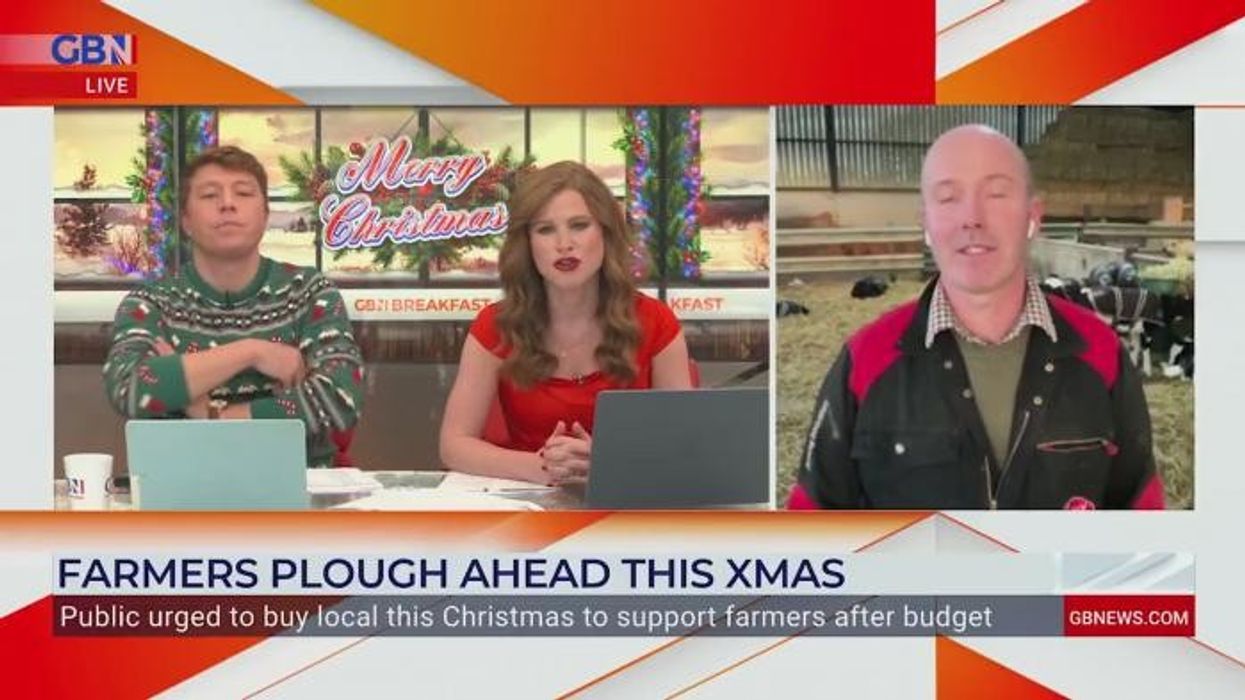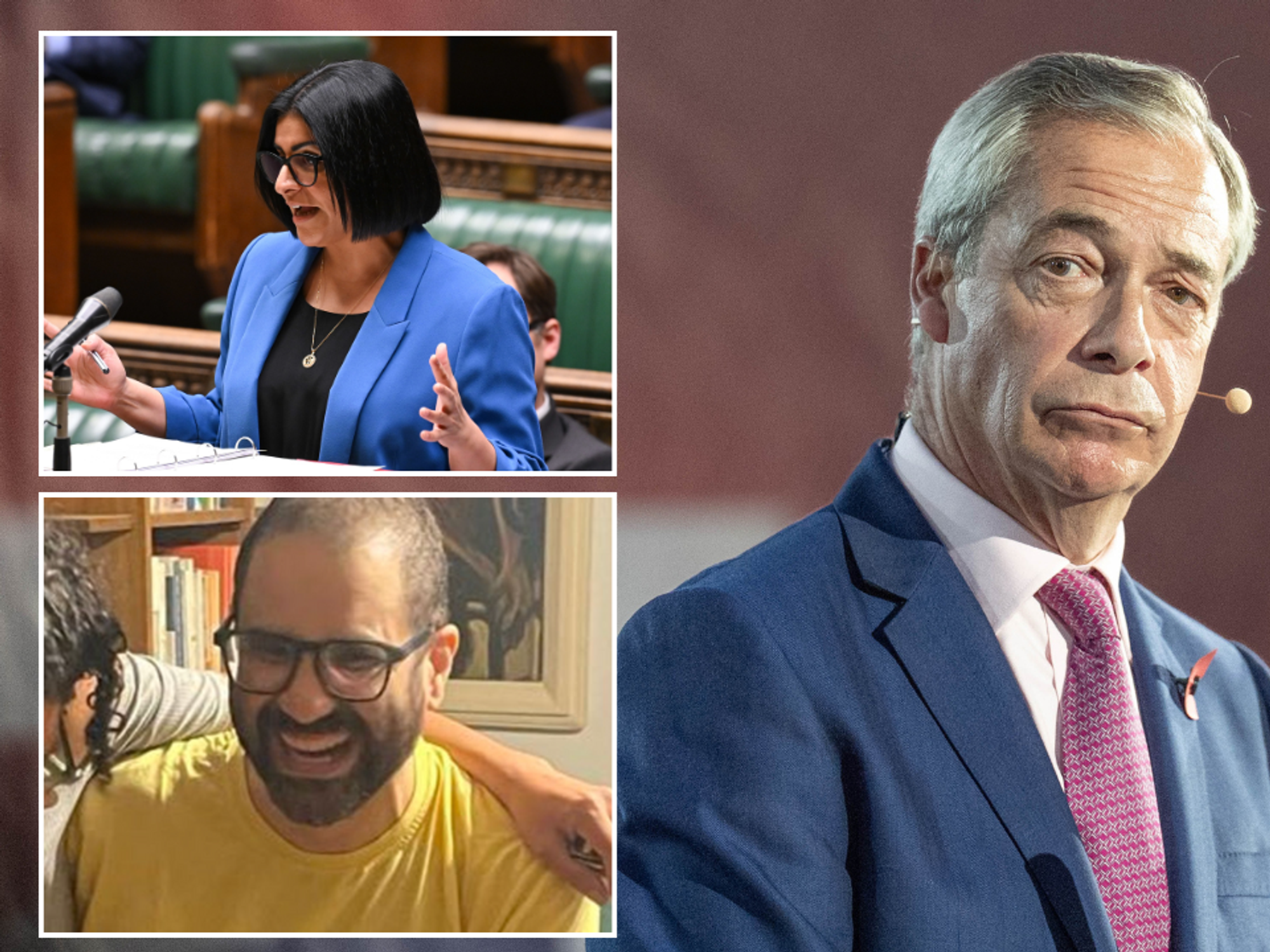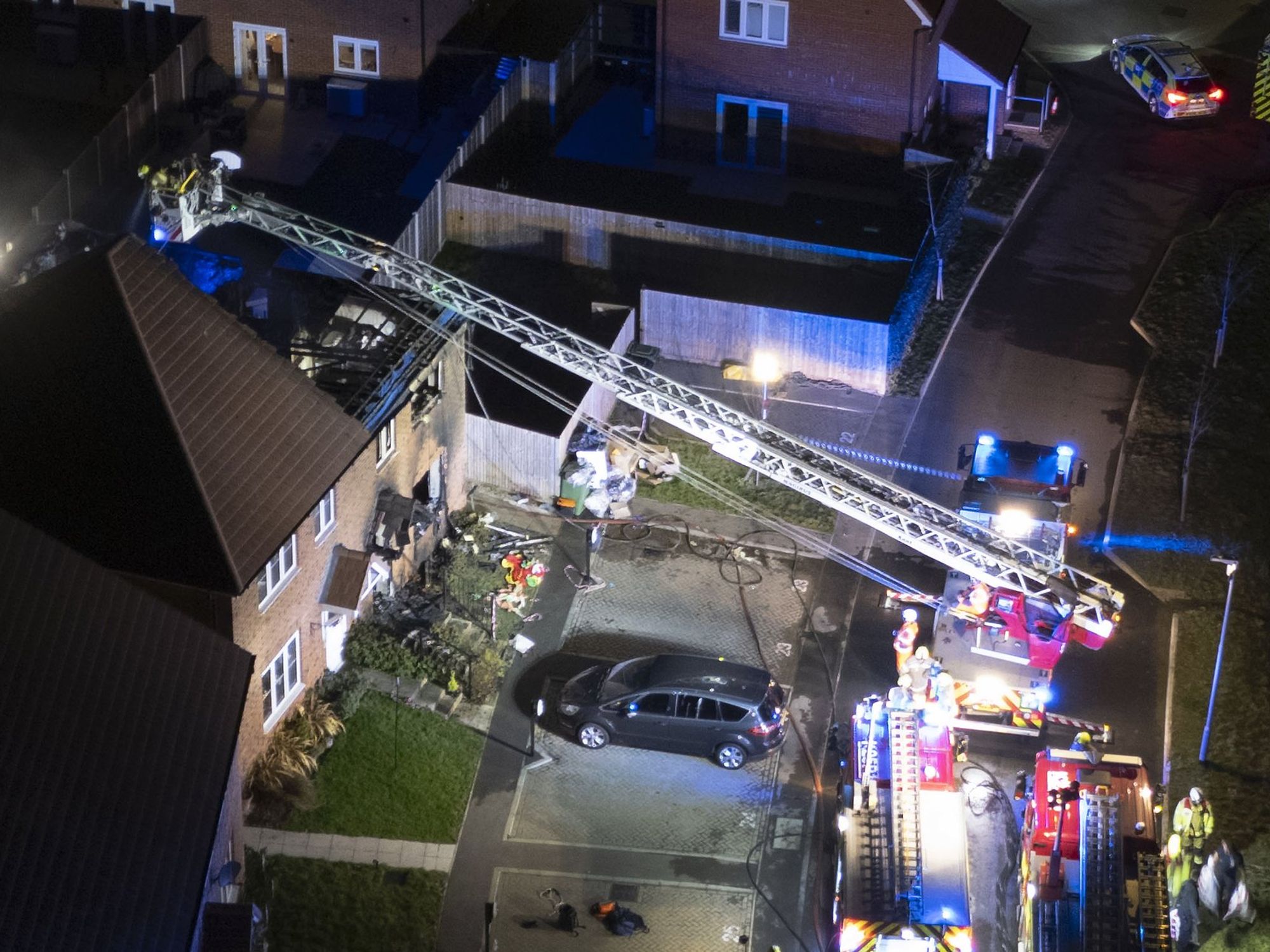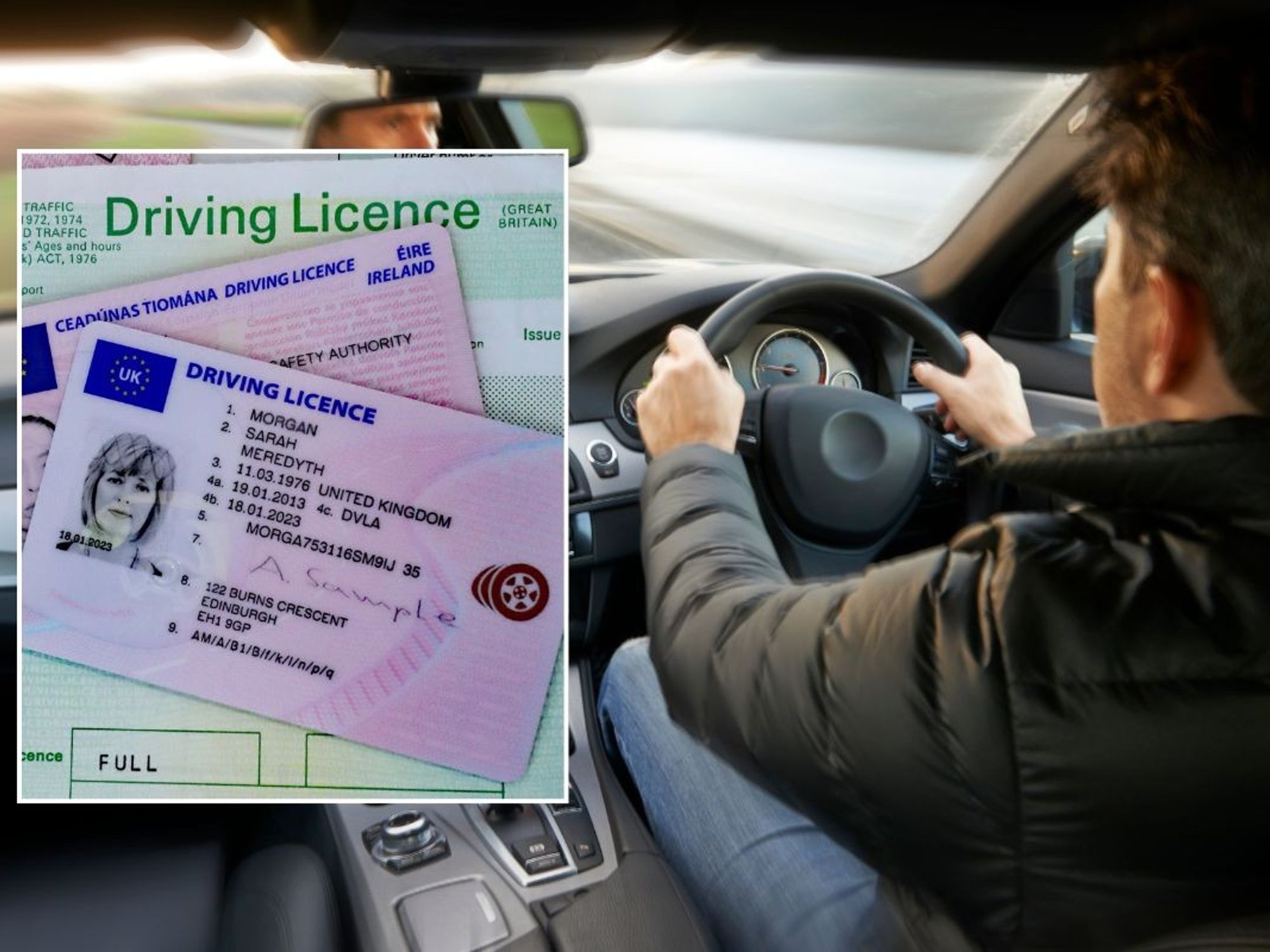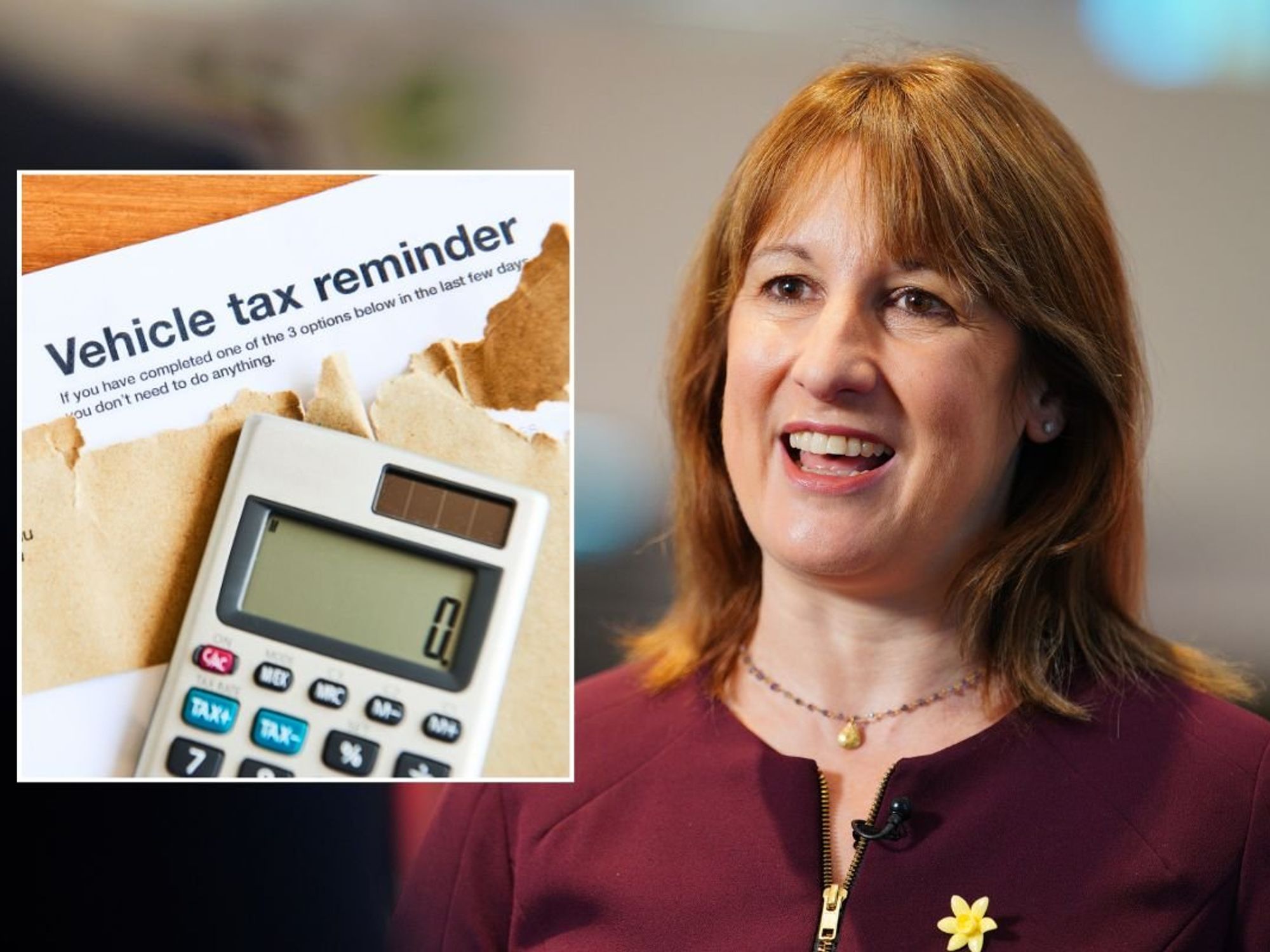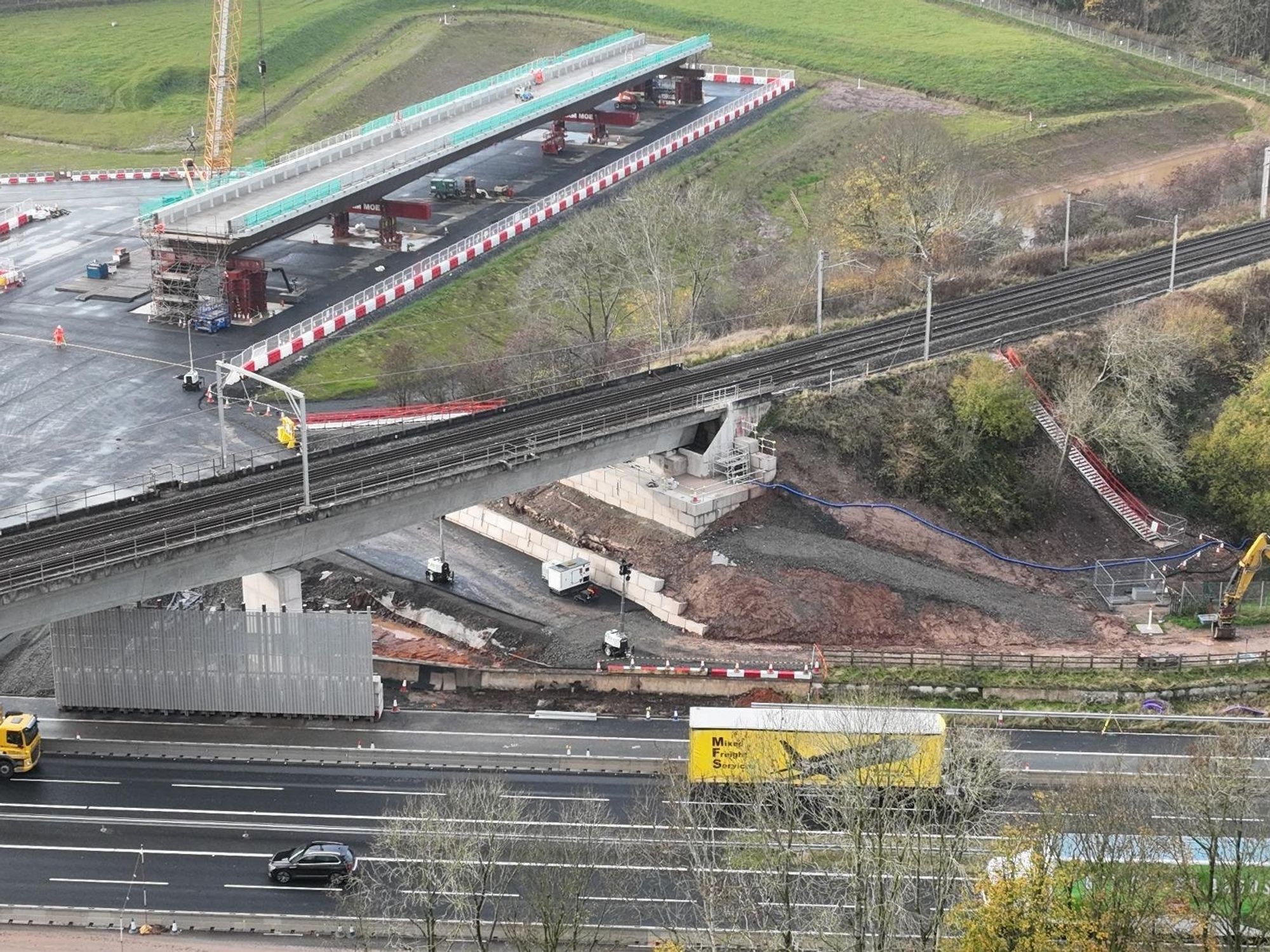Dougie Beattie explains TRUTH of UK’s farm tax - Is the franchise deal with farmers over?
OPINION - Dougie Beattie is a GB News reporter
Don't Miss
Most Read
The UK's family firms and farms will look towards the New Year as one of the most challenging yet.
Rachel Reeves's Budget has given her the ability to tax assets as wealth and this, in itself, will choke any company's ability to raise finance that will allow them to expand.
Small family firms will face the same inheritance tax that has been imposed on farms with the difference being, they will have more of an opportunity to offset these additional costs.
Manufacturing can operate inside the open markets and are price setters as opposed to price takers.
They can operate inside budgets and increase pricing that will eventually end up passed on to the consumer. Farming is all but a franchise.
It must produce to a price not set by production costs and adhere to regulations from a Government based in Europe.
The farming project was the birth of the common market, a deal signed in Rome designed to feed Europe after 6 years of conflict.
The Marshall Plan (1947) was an American operation that in modern-day costs was worth over $170billion.
The Allies were concerned that the lack of food in post-war Europe would allow communism to expand.
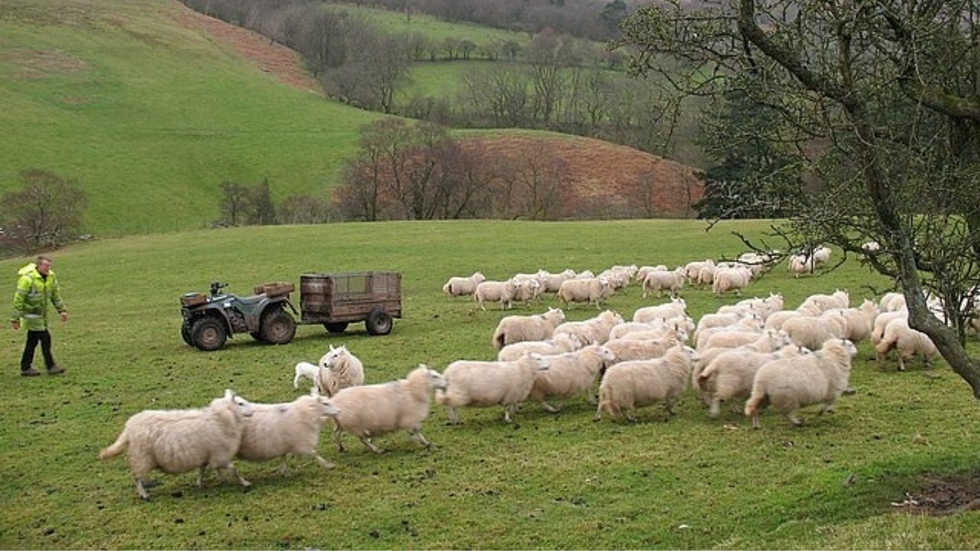 The inheritance tax changes have sparked concerns across the farming community | GB News
The inheritance tax changes have sparked concerns across the farming community | GB NewsIt is why modern-day governments send foreign aid to countries such as Syria that enable them to steady the population after the removal of a government.
The Treaty of Rome (1957) at a basic level was a food trade deal that would allow the Continent to trade with each other with no tariffs, meaning that the starvation of vast parts of Europe would end.
Initially, Britain was not included and the French President at that time, Charles de Gaulle, was concerned that the UK was too close to the Americans and it wasn't until Edward Heath's Government in 1973 that the UK was welcomed into the trading bloc.
Food security was to be one of the biggest lessons that came out of the 1940s conflict. Britain itself was still rationing in the mid-50s.
As European economies boomed, the treaty of Rome also grew and in order to keep food prices low it was decided that regulation and taxation would be centralised and that subsidies in the form of single farm payment would ensure the protection of the market and food costs.
Britain's entry to the common market was not well received by all with Commonwealth countries such as New Zealand and Australia suffering the most financially from Heath's European deal.
The UK would have to agree to abide by European regulations including food standards and price points. British farms were instructed by Europe to cut their production to facilitate a fair market for all in the trading bloc.
UK farming had signed up to new methods and scrutiny and became subject to dictation of what their prices had to be, regardless of their costs.
So essentially, farming now became what could be described as a public sector franchise, incentivised by a non-negotiable "Single Farm Payment" (which included fisheries) which would guarantee farmers an income and deter them from the open market.
Then, in 1975 Harold Wilson's Labour administration was compelled to appease the ongoing disruptions and strikes and introduced the new Capital Transfer Tax (CTT) on Farms, now known as Inheritance Tax.
Over the next six years, this caused the closure of small farms due to unsustainability and drove up the price of food to record highs. This, alongside the oil wars in the Middle East, caused interest rates to soar, ultimately derailing the economy.
In the 1980s Thatcher's Government realised that the business of food production was like no other industry, in fact, it was now what could be seen as a public sector franchise and by taxing its assets was effectively chopping the branch off they were standing on.
So, in 1984 she scrapped the Inheritance tax on farms which led to a renegotiation with the EU, the scheme known as Quotas was accepted and it was agreed that Britain would no longer have its own milk marketing boards which removed their ability to moderate their own production output.
Unbeknownst to the common farmer, the new "Quotas" agreement would cut the production of 30,000 UK dairy farmers’ output by 10 per cent back-dated over three years.
This is the point when farming became a tax haven for large corporations, quotas were bought and sold by land owners rather than farms, and land ownership was seen as an opportunity to generate additional income as the single farm payment was given to land owners regardless of food production levels.
Many investors took full advantage and became known as "Slipper Farmers".
During the 1980s, 70 per cent of our food was considered fresh rather than processed. That sum has now reversed to almost 80 per cent of food consumption is processed food bringing with it obesity, diabetes and heart disease to name a few.
Single farm payment has now been split into two categories of Environmental and Food Production and the largest sector of growth and employment in agriculture is on farm inspectors and civil servants employed to police European regulations.
Almost 80 years on from the lessons that were learned from the importance of food security, Russia's invasion of Ukraine has highlighted the need for self-sufficiency, not only with food but with fuel.
These are the two primary life sources of inflation and Europe now seems set on striking a deal with Brazil, Argentina and Uruguay known as The Mercosur Agreement that will allow over 188,000 tonnes of Brazilian beef and poultry to enter the EU's markets, tariff-free.
These countries do not produce to our standards nor face the same regulation and rather than their produce being grass-fed, they are fed high protein soya feed that creates additional methane. In addition, their product is over 3 Euros cheaper per kilo than its European competition.
LATEST FROM MEMBERSHIP:
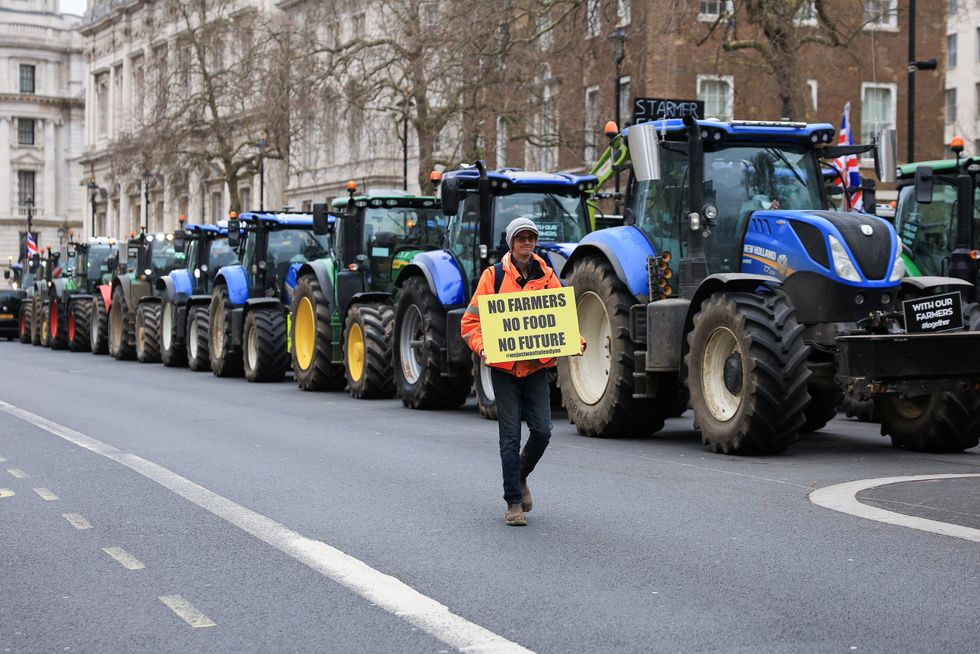 Tractors lined Whitehall as protests against the inheritance tax changes continue | REUTERS
Tractors lined Whitehall as protests against the inheritance tax changes continue | REUTERSAs the output from these countries increases, a rainforest the size of Northern Ireland is destroyed every year to facilitate the expansion of their industry.
European governments need to decide if the franchise deal with their farmers is over. Has the ability to protect their own markets disappeared?
And if so, will European nations now be truthful with their own farming communities and allow them to enforce the same standards as those that are now importing into European markets?
This will most certainly mean the end of animal welfare, environmental schemes, the dropping of the minimum wage and many thousands of jobs within the public sector.
In a world where markets become open, the race to the bottom will be quick and populations across the West will need to settle for sub-standard food.


